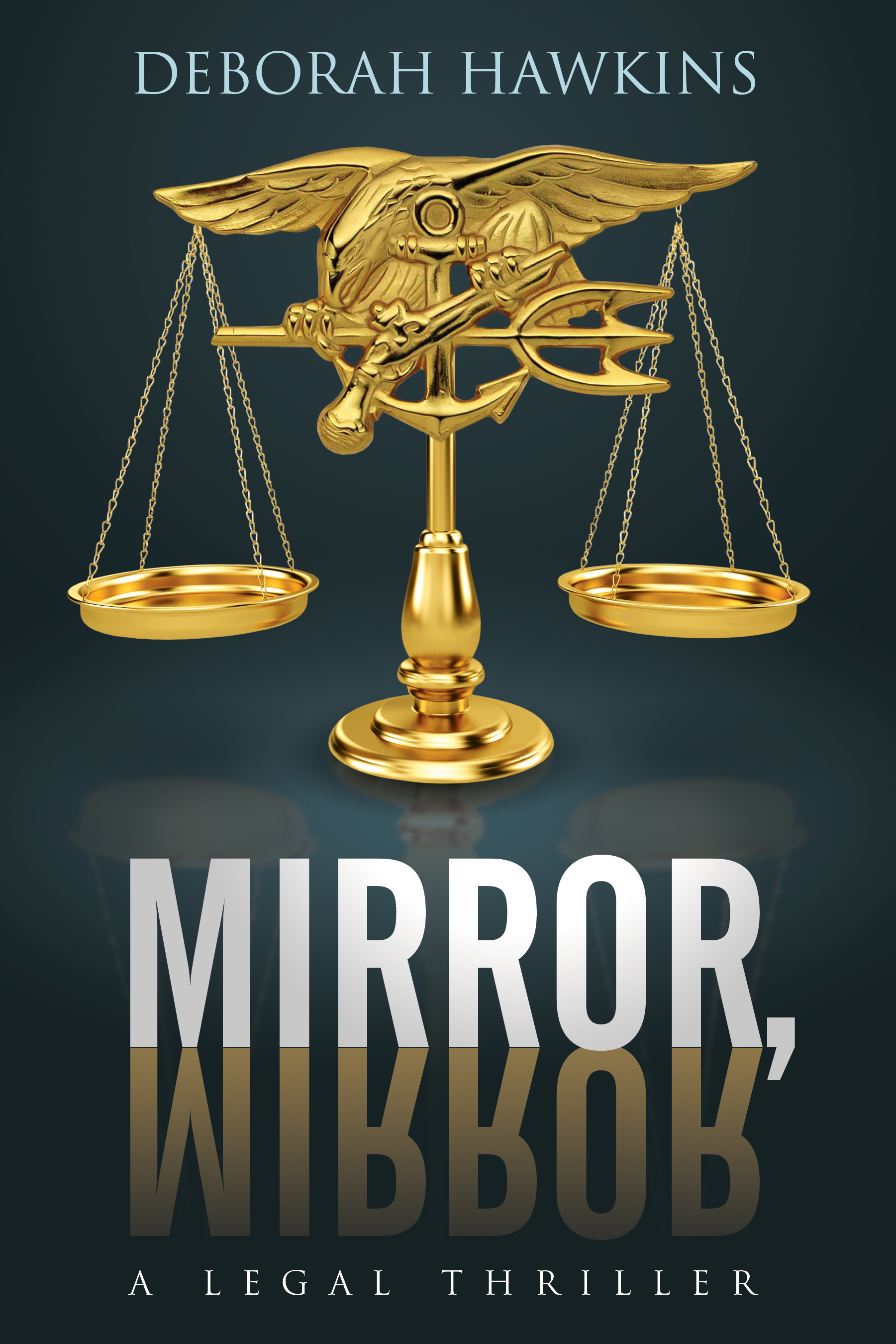The Legal Thriller Business

This has not been the week that I thought it would be. First, I thought that my new puppy, Summer Moon, would stop harassing her much older brother, Rhythm, after I followed Caesar Milan’s sage guidelines for introducing a new puppy to an older dog. Wrong. Summer has yet to learn that (1) Rhythm is Head Dog and (2) she’s a Golden Retriever Puppy, not a baby Dragon, (3) and Caesar is supposedly RIGHT in all things DOG. And just to prove her contempt for TRAINING, she swiped a burrito off the kitchen counter tonight and ate half of it before being discovered. Sigh!
Second, I was unwittingly drawn into a conflict with the company that services my lap pool. About two weeks ago, it began to bubble like a cauldron. Getting into the spirit of Halloween, I thought. But since a pool is not a cauldron, I called the pool service to ask them to come take a look. That request degenerated into a demand that I (1) tell them what is wrong with the pool and (2) (well, since I didn’t know what was wrong) take pictures of the bubbles. I told them I would be thrilled to pay them $75 to come diagnose it since (1) they are supposed to know what’s wrong, and (2) I was working on a brief for the California Supreme Court and I didn’t have time to take pictures of bubbles. Eventually, the pool tech appeared, mumbled something about the auto-flow, and promised to have yet another tech who actually fixes things come to make the repair. But a week went by, and no fixer pool tech ever appeared. I thought of calling the office, but after my last conversation with the receptionist, I figured I’d just wait for the saner pool tech to reappear and summon the fixer pool tech.
But when the saner pool tech did reappear, I learned that psycho-receptionist was working to have him fired. Apparently, that’s why she never sent the fixer pool tech. She wanted to be able to say that the sane one had dropped the ball. Which he did not do. In the end, I had to call the owner of the company and tell him I wouldn’t be using his pool service anymore. The saner tech had done a good job, but the psycho in the office was not a force I wanted to go on reckoning with. I didn’t want my pool caught in whatever vendetta she had against the saner pool tech. The owner promised free repair and pool service for a month, but I didn’t want to deal with any more unprofessional behavior from his front office. I said, thanks, but no thanks, and hired a new pool service.
I felt a little sorry for the owner. He has just bought the business, and every customer is important to him. But apparently he didn’t realize that he took over a front office that doesn’t share his goals.
The lesson for me is that any business is built one customer at a time. That’s why I’m grateful for every new reader who finds one of my legal thrillers and decides to give it a try.




